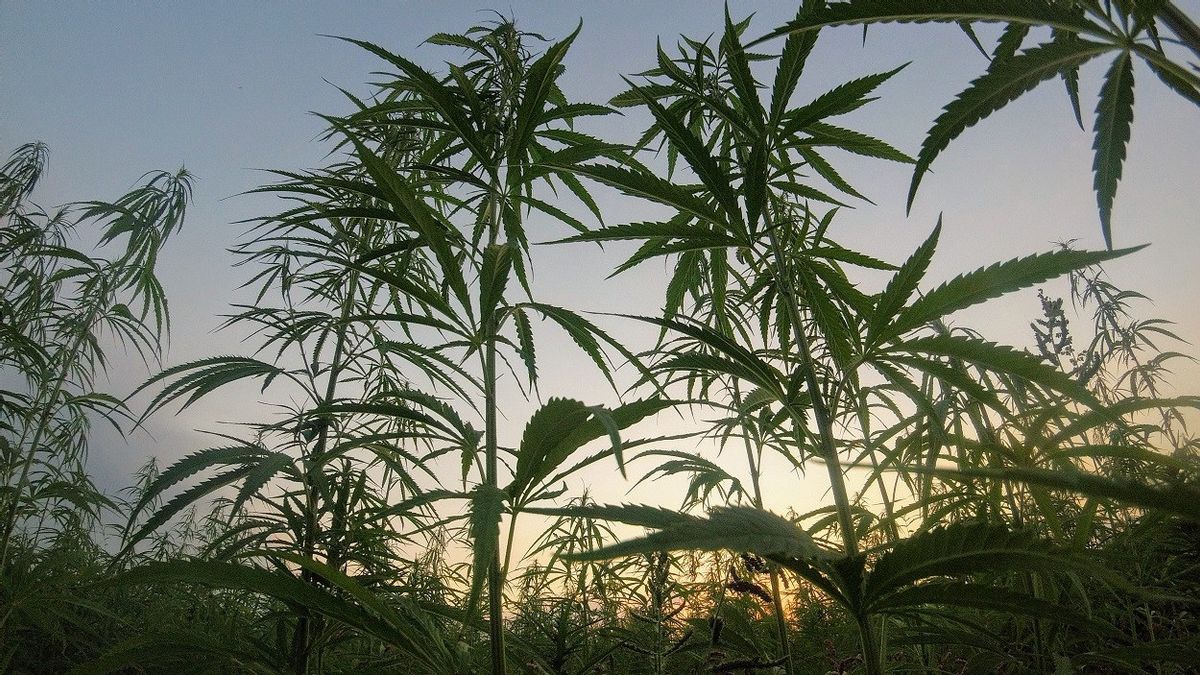JAKARTA - Thailand will ban the use of marijuana for recreation by the end of this year, but will still allow its use for medical purposes, the country's health minister said in an interview.
Tens of thousands of cannabis stores are emerging in an industry projected to be worth up to 1.2 billion US dollars next year, after Thailand became the first country in Southeast Asia to free up drug use in 2018, and then recreational use in 2022.
Critics say the rules were made in stages and adopted within a week after decriminalization, and the government has drafted a new law to regulate the expected use of marijuana by the end of the year.
The bill will be submitted to the cabinet for approval next month, before being brought to parliament for ratification before the end of this year, Health Minister Cholnan Srikaew said.
"Without a law regulating marijuana, marijuana will be abused," Minister Cholnan told Reuters on Wednesday, referring to recreational use.
"The use of marijuana has a negative impact on Thai children," he added.
"In the long term this could lead to other drugs," he said.
The government previously failed to push for legislation through parliament before last May's general election, so Thailand did not have a legal umbrella to regulate its use.
Illegally operating cannabis shops will not be allowed to continue operating. Meanwhile, domestically grown marijuana will also not be allowed, Cholnan added, which states the number of officially registered stores is 20,000.
"In the new law, marijuana will become a supervised plant, so planting it requires permission," he explained.
"We will support (cannabis culture) for the medical and health industry," said Minister Cholnan.
The bill stipulates fines of up to 60,000 baht (1,700 US dollars) for recreational use. Meanwhile, those who sell marijuana for use and participate in ads or marketing of shoots, resins, extracts or infiltration tools face imprisonment for up to one year, or fines of up to 100,000 baht (USD 2,800) or both.
The law has also increased the sentence for cannabis cultivation without a permit, with prison sentences ranging from one to three years and fines ranging from 20,000 baht (US $ 560) to 300,000 baht (US $ 8,000).
SEE ALSO:
" Imports, exports, cultivation and commercial use of marijuana also require permission now," he explained.
Pemerintah, yang menyadari manfaat ekonomi dari industri ganja, akan memberikan waktu bagi dunia usaha untuk menyesuaikan diri dengan peraturan baru tersebut, kata Menteri Cholnan.
The shops can operate until their validity permits expire and are converted into legal marijuana clinics if they follow the new rules, Cholnan said, adding that the new regulations would not have an impact on tourism.
The English, Chinese, Japanese, Arabic, and French versions are automatically generated by the AI. So there may still be inaccuracies in translating, please always see Indonesian as our main language. (system supported by DigitalSiber.id)


















